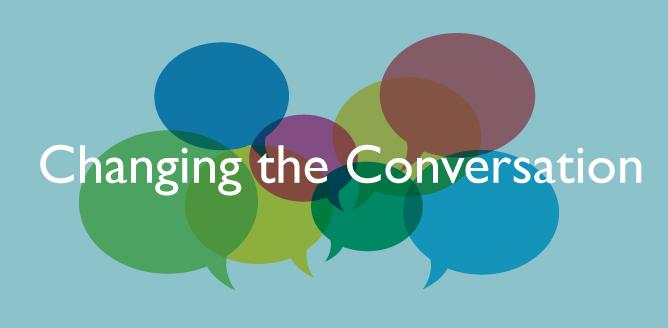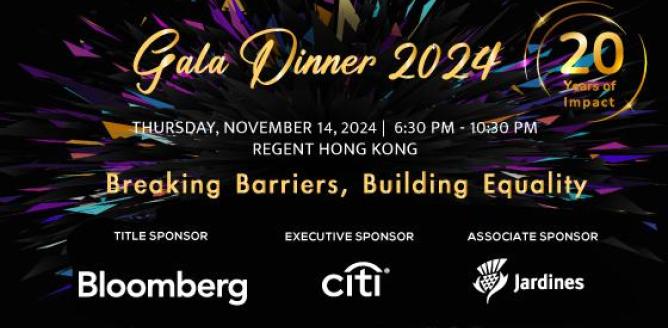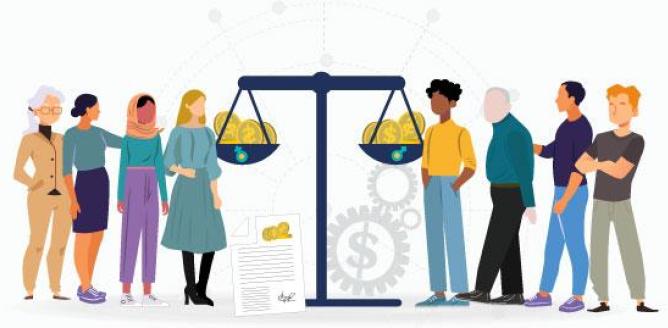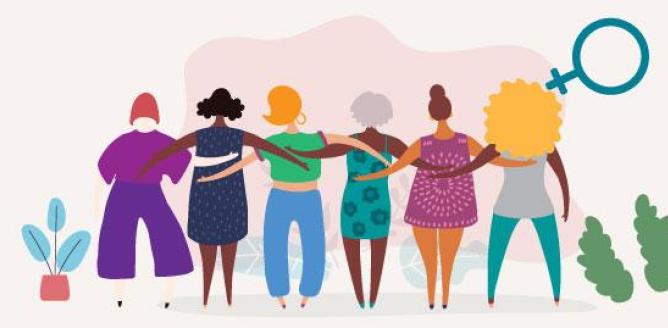“Farrow, Kantor and Twohey amply demonstrate journalism’s power, igniting the individual and collective passion that has led to empowering movements such as #MeToo and Time’s Up” – actress Ashley Judd
This past week, we have witnessed the power of the media in a global movement against sexual harassment and assault. On April 17, the New York Times and the New Yorker shared the Pulitzer Prize for public service for their ground-breaking reporting that galvanised the #MeToo movement that would later spread beyond Hollywood.
The award recognises the works of the Times’ Jodi Kantor and Megan Twohey and the New Yorker’s contributor Ronan Farrow as “explosive, impactful journalism that exposed wealthy and powerful sexual predators”. It also shows the important role of the media in changing the conversation about a behaviour that has long preyed on and devalued women’s experiences.
Kantor and Twohey – whose first exposure of Hollywood producer Harvey Weinstein’s decades-long history of sexual harassment and assaults sent shockwaves around the world – had said their journalistic pursuit was motivated by their young daughters. It was a point they revisited in their acceptance speech: “The two of us, and all of the other reporters around the country who worked on these kinds of stories, did so with the hope that girls your age will know nothing but dignity and decency in the workplace and beyond.”
Two days later, Kantor, Twohey and Farrow – as well as Tarana Burke, the creator of #MeToo – were named in TIME 100’s World Most Influential People this year. The #MeToo movement is ranked No. 3 in “the World’s 50 Greatest Leaders” of Fortune Magazine.
Since the New York Times and New Yorker reported on Harvey Weinstein last October, more than 100 women have come forward accusing the producer. The #MeToo movement has spread beyond Hollywood, reaching other countries, including South Korea, where the campaign has brought down many influential men. The majority of the journalists who reported it have been women, which reveals a need for more engagement from male journalists on covering stories concerning violence against women. While the media is tightly controlled in mainland China, journalist Sophia Huang Xueqin used social media to shed a light on the widespread problem of sexual harassment in the media industry.
While the Hong Kong media have raised awareness about the #MeToo movement, there has been a backlash as well, especially in the form of opinion pieces warning that the hashtag will be used to falsely attack men. However, the prevalent problem in Hong Kong, where 1 in 7 women has experienced sexual assault, is under-reporting: only 10% of the victims decide to report it. Sexual harassment is even more prevalent – for example, we know from an EOC survey that 1 out of every 5 women has reported being sexually harassed at work. The psychological burden carried by survivors who are not able to speak out is well depicted in Rainlily’s recent campaign, “最佳女演員Best Actress”. Journalism can have a huge impact on victims’ and survivors’ decisions to come forward. One important step is sensitive reporting that pays attention to the use of words that can potentially minimise the crime and blame victims and survivors. Calling a sexual assault “sex scandal”, for example, diminishes an act of violence, and fails to distinguish the stark difference between a consensual act and a crime. There are a number of great resources out there, including from Australia-based Our Watch and from the US-based Dart Centre for Journalism and Trauma.
On May 15, we will be hosting our second #MeToo talk on the corporate response to the movement and how companies can respond to sexual harassment reports more effectively and sensitively. We hope you join the conversation. Let’s work together to help drive a societal change that unequivocally supports survivors and to build a zero-tolerance culture against sexual assault and harassment.





















